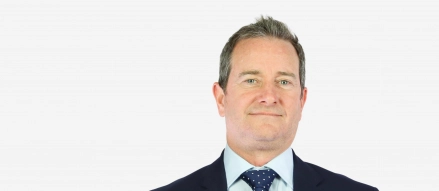Commentators Contact Details

2019 Medium-Term Budget Policy Statement comment
One of the most concerning points raised in this afternoon’s speech is the issue of South Africa’s national debt, which is in serious danger of careening out of control if government does not take decisive action.
Debt service cost is currently the most rapidly growing area of national expenditure. What is concerning is that the gross national debt was around 51% of gross domestic product (GDP) only three years ago, which is now predicted to reach 71% of GDP within the following three years – and thereafter it continues on an upward trajectory. This is clearly unsustainable which will require a serious intervention to rectify.
On a positive note is the emphasis that the Minister seems to have placed on cost savings. Proposed measures like the freezing of salaries for politicians, review of subsistence allowances for top-level government employees over the next few years and downgrading their flights to economy class is certainly sending the right message to the South African public. In addition, he has also highlighted that the growth in the public wage bill needs to be brought in line with inflation. Time will tell whether there is enough political will to implement these measures with the desired outcome.
The fact that economic growth has been regularly revised downwards is extremely troubling. Growth forecast has been revised downwards from 1.5% to 0.5%. It is definitely one of the key reasons why revenue collection is expected to only reach R1.37 trillion this year (well short of the R1.42 trillion target). The projected revenue is around 4% less than Treasury’s revenue goal for the 2019/20 financial year, and it remains to be seen whether this revised target will indeed be met by February next year.
It directly affects some the biggest sources of revenue, namely VAT, personal income tax and corporate tax. As long as the economy continues to perform poorly, revenue collection will be under severe strain.
Another important issue to note, is that non-interest spending in the current year is also projected to be up by a nett R23 billion, and the Minister attributed this in no small part due to Eskom’s financial situation. In fact, according to the Minister, Eskom is responsible for R26 billion of non-interest expenditure in this year – and other SOEs account for a further R10.8 billion. As the Minister says, we are simply spending more than we earn.
-ENDS-
This website uses cookies.
Some of these cookies are necessary, while others help us analyse our traffic, serve advertising and deliver customised experiences for you.
For more information on the cookies we use, please refer to our Privacy Policy.
This website cannot function properly without these cookies.
Analytical cookies help us enhance our website by collecting information on its usage.
We use marketing cookies to increase the relevancy of our advertising campaigns.